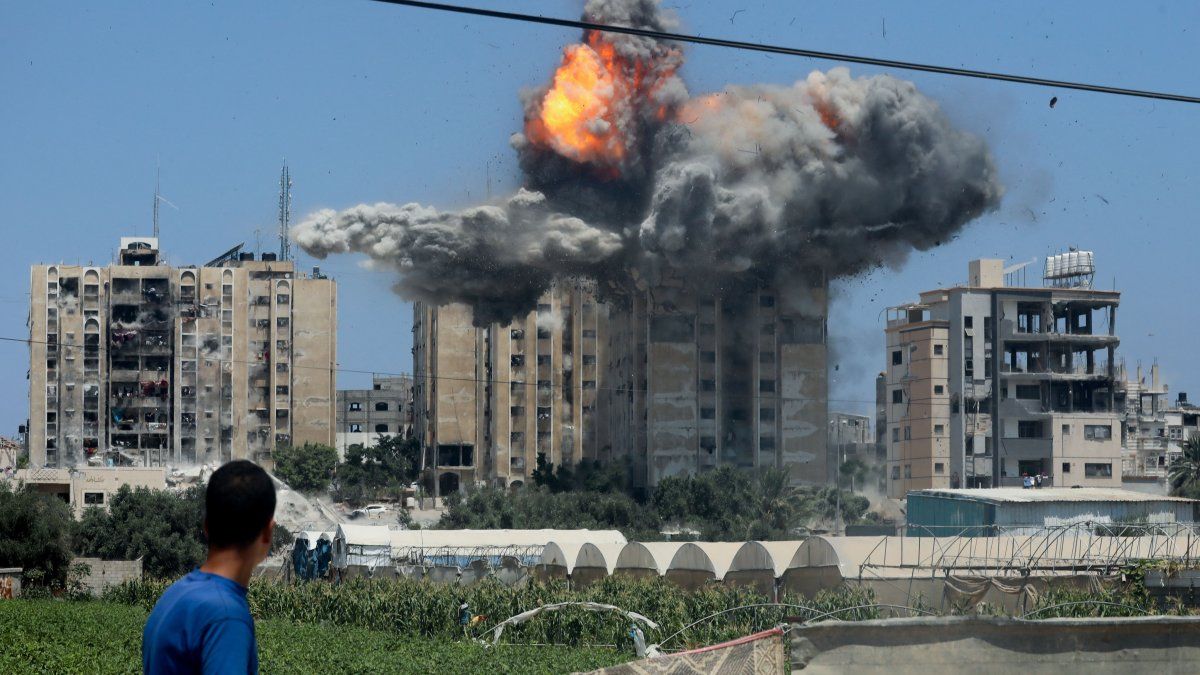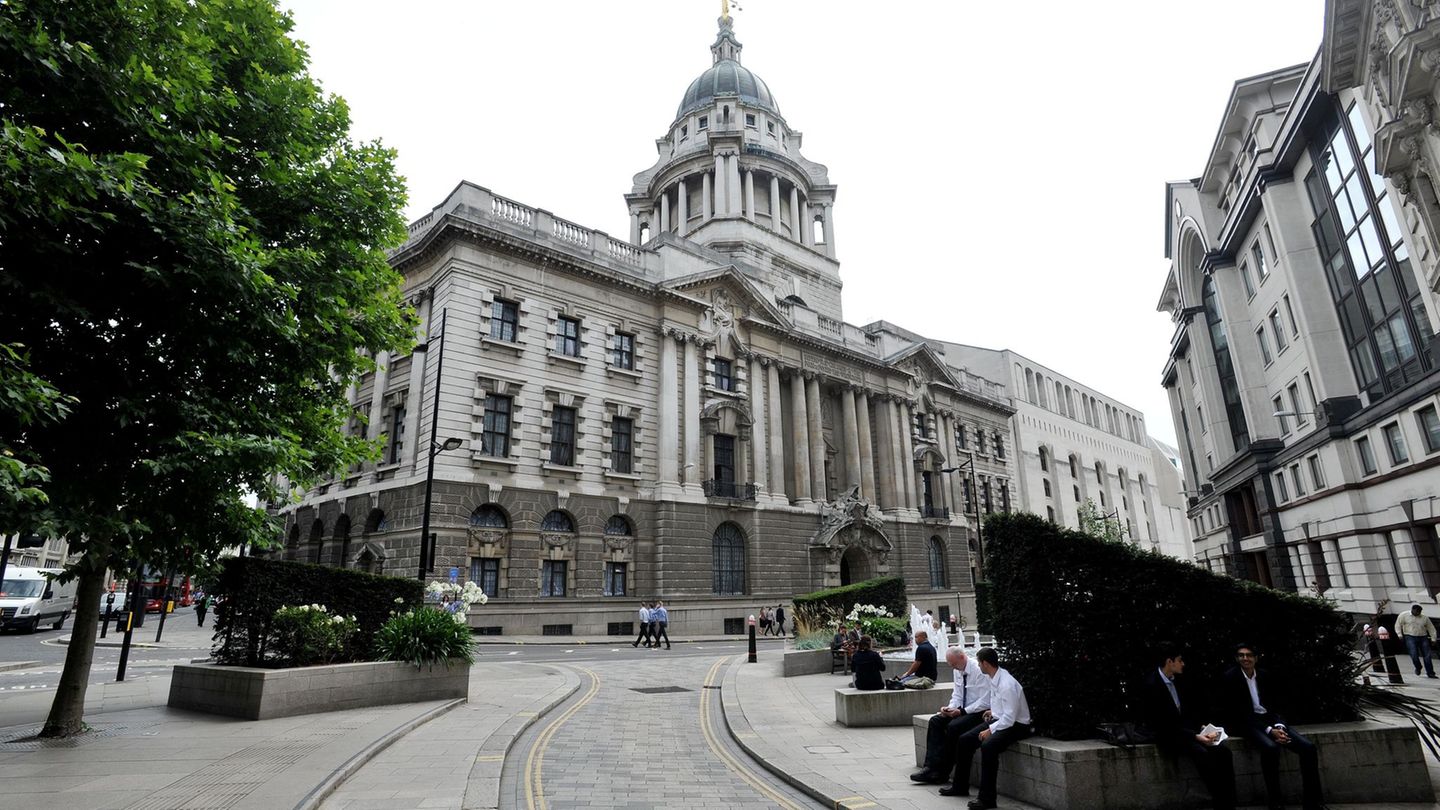A total of 28.6 million votes were cast. Raisi will succeed Hassan Rouhani, who was no longer allowed to run for election after two terms in office. The swearing-in of the new president is scheduled for August.
More than 59.3 million Iranians were eligible to vote. The level of voter turnout was initially unclear. However, a low turnout was expected.
Even before the partial results were announced, all three of Raisi’s opponents had congratulated the ultra-conservative head of justice on winning the election. Rouhani had also stated that his successor had been chosen in the first ballot. However, he had not given the name of the election winner.
Guardian Council sorted out serious opponents before election
The 60-year-old Justice Chief Raisi failed four years ago because of Rouhani, this time his way to the presidential office was much easier. The so-called Guardian Council, which, as an electoral body, sorted out serious competitors before the ballot box, took care of that. This also led to violent protests in their own ranks – and to great disinterest on the part of the people in an election that was widely perceived as being staged and undemocratic.
Raisi faces major challenges
With Raisi, the media and observers expect a change of political power in the country. They are convinced that the arch-conservative cleric will not continue Rouhani’s moderate course as president. As a long-time public prosecutor, judge and head of justice since 2019, he has little political experience. Nevertheless, he faces many political challenges even at the beginning of his term in office.
Above all, he has to decide on the future of the Vienna nuclear agreement of 2015. After the US withdrew from the international agreement in 2018, Tehran gradually lifted the agreed restrictions and controls on nuclear facilities. Not least the US sanctions caused a severe economic crisis in Iran. Negotiations with the archenemy USA would be necessary for the agreement to continue. In Middle East politics, observers under Raisi expect a more radical course, and in relation to Israel an even more hostile one than before.
David William is a talented author who has made a name for himself in the world of writing. He is a professional author who writes on a wide range of topics, from general interest to opinion news. David is currently working as a writer at 24 hours worlds where he brings his unique perspective and in-depth research to his articles, making them both informative and engaging.



